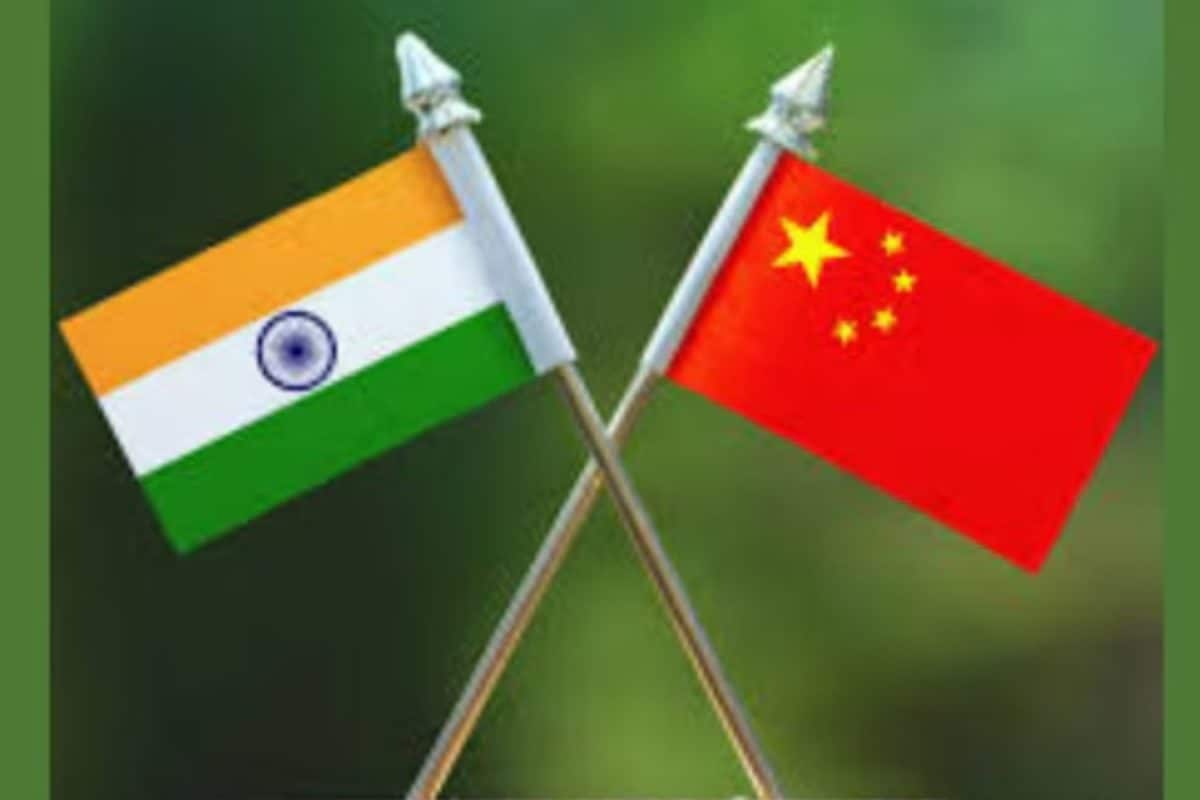

Beijing's recent export restrictions on rare earth magnets and recalls of staff are creating significant challenges for Indian manufacturers, particularly in the automotive and electronics sectors. These actions are prompting concerns about supply chain vulnerabilities and are accelerating India's efforts to develop self-reliance in rare earth magnet production.
China, which controls approximately 60% of global mining output and 85% of processing capacity, has implemented export controls on 17 metallic elements, including rare earth materials essential for advanced technologies. These controls, enforced through export licenses, quotas, and regulatory oversight, have triggered warnings of widespread supply chain disruptions. The restrictions have particularly impacted the automotive manufacturing sector, with major manufacturers reporting shortages of rare earth magnets critical for electric vehicle (EV) production. Industry analysts are concerned that continued restrictions could lead to production slowdowns or temporary halts at manufacturing facilities worldwide. Beyond automotive applications, the restrictions also threaten wind turbine manufacturing and medical device production.
India heavily relies on imports for processed rare earth materials and finished components. In the fiscal year ending March 2025, India imported 53,748 metric tons of rare earth magnets. Nearly 100% of India's neodymium-iron-boron (NdFeB) magnet requirement is met through imports, with China accounting for about 90% of these imports. Since April 2024, China has tightened export licensing norms for critical rare earth elements like terbium and dysprosium, which are essential for NdFeB magnets, disrupting global supply chains and affecting India's fast-growing electronics sector. The price of Chinese-origin magnets has increased, and alternatives from countries like Japan and the EU are two to three times more expensive with insufficient capacity to meet India's rising demand.
In response to these challenges, India is implementing a comprehensive strategy to counter China's export restrictions, focusing on developing domestic production capabilities and securing critical supply chains for high-tech manufacturing. India, possessing the world's fifth-largest rare earth reserves, aims to transform its underdeveloped sector into a self-sufficient industry capable of meeting national demands. The Indian government has launched a strategic seven-year national initiative to strengthen domestic rare earth supplies and reduce import dependency. This program aims to develop the entire value chain, from mining and extraction to processing, separation, and manufacturing of end-use products like permanent magnets.
Several initiatives are underway to boost domestic production. Midwest Advanced Materials Private Ltd (MAM), based in Hyderabad, is set to begin commercial magnet production in India with an initial target of producing 500 tonnes of neodymium magnets annually. The raw material will be supplied by India Rare Earths Ltd (IREL), a state-run firm. Sona Comstar, a leading rare earth magnet importer in India, plans to manufacture EV magnets locally, capitalizing on government incentives.
Commerce Minister Piyush Goyal has called China's export control move a global "wake-up call" and emphasized India's commitment to becoming a trusted partner for businesses seeking to diversify away from Chinese supply chains. Crisil Ratings has warned that prolonged disruptions could stall electric vehicle launches and impact sectoral growth, underscoring the urgency and strategic importance of the Centre's push for self-reliance in rare earth magnet manufacturing. The Ministry of External Affairs (MEA) has acknowledged being in touch with China to streamline the supply chain issue. The Society of Indian Automobile Manufacturers (SIAM) has sought the Indian government's intervention to ease restrictions.